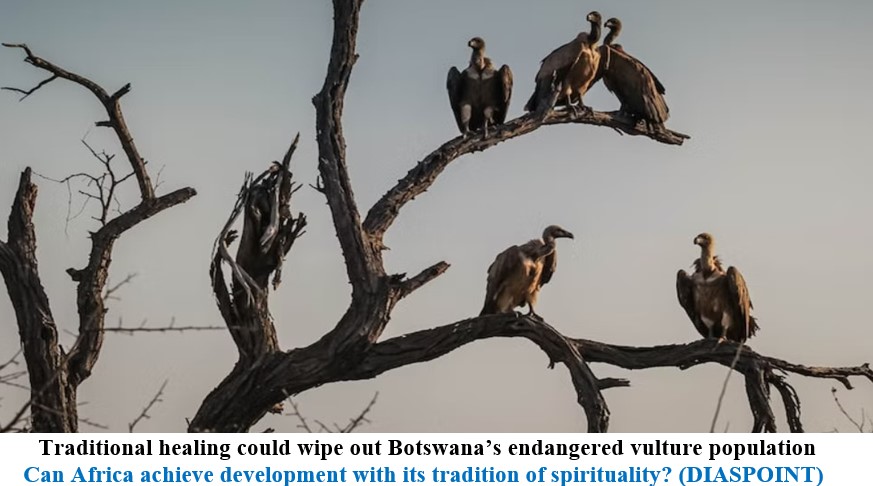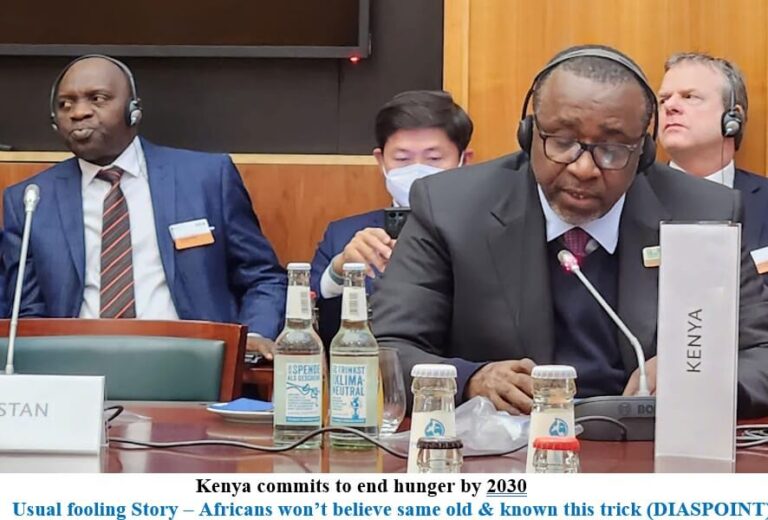Traditional healing could wipe out Botswana’s endangered vulture population
Protect crucial species and work with the wildlife authorities, healers’ association head says
With vulture populations plummeting globally in the last 50 years, a traditional doctor in Botswana has encouraged fellow traditional healers to protect the endangered birds to save them from extinction.
Representative of Botswana’s Dingaka Association, Motsholathebe Rabakoko, has encouraged traditional healers to take up sustainable management and use of vulture products for medicinal use.
Speaking to The Okavango Express Rabakoko, whose association represents traditional healers across the country, confirmed that vulture products are commonly used by traditional healers for medicinal use.
He explained: “All the organs of a vulture are important for traditional medicinal use. They are commonly used by traditional healers to blend with herbs to make luck giving concoctions.”
Last year 50 white-backed vultures were discovered dead at CH1 concession – close to the western boundary of Chobe National Park – after feeding on a poached buffalo carcass which was laced with poison.
Poachers harvested heads, feet and internal organs from 10 vultures in what investigators suspected was for resale or use for traditional medicinal use.
It was suspected that the buffalo was illegally killed before the culprits poisoned the carcass knowing vultures would feed on it.
The traditional healer said: “We know there is a demand for vulture products for medicinal use.
As the association we are doing our level best to undertake public education of all our members not use parts of endangered or protected animals in the traditional medicine practice.
“We have had engagements with the Department of Wildlife and National Parks on the same subject. We want to send a warning to all traditional healers and the public that harvesting of endangered animals is illegal and whether you are a traditional doctor or a patient using it you are committing a crime punishable by laws of Botswana.” Read More from original source







